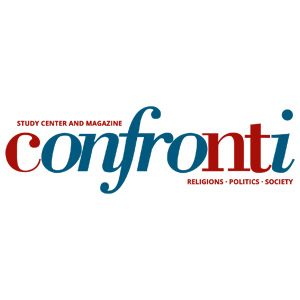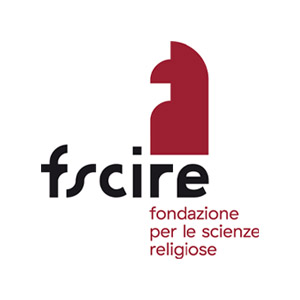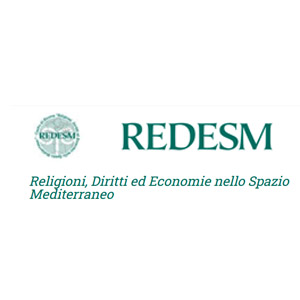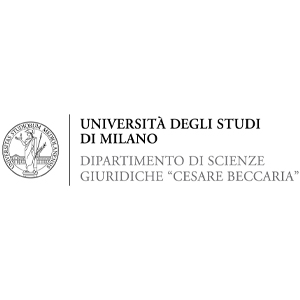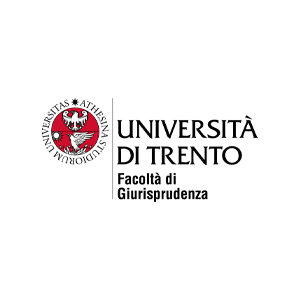Religious Minorities in the Euro-mediterranean Space (ReMinEm)
The ReMinEm project examines two Middle Eastern countries (Egypt and Lebanon) and four European countries (Denmark, Greece, Italy, Portugal). The chosen countries reflect the variety of religious and cultural traditions in the Euro-mediterranean space: one country with a Muslim majority (Egypt), two countries with a Catholic majority (Italy and Portugal), one with an Orthodox Christian majority (Greece), and one country (Lebanon) where Christians and Muslims coexist on a substantially equal footing. Finally, we added a European country outside the Mediterranean region, Denmark, to include a nation with a Protestant majority in the research. The ReMinEm project compares the rights of RMs in the countries concerned in two policy areas: education (that is, public schools and faith-based private schools), and marriage and family relations. These areas of inquiry were chosen because they are particularly relevant to the protection and promotion of RM rights.
Responses to two questionnaires, addressed to legal experts and representatives of religious minorities, provide the legal and sociological data upon which the analysis in the final report is based. The observations and proposals advanced in the key findings identify several policy lines that can help create a Euro-mediterranean space in which the rights of religious minorities are protected and promoted.
Religious Minorities and Dialogue for Democracy (MiReDiaDe)
The MiReDiaDe project is the continuation of the ReMinEm research. It compares the rights of selected RMs in two policy areas: marriage and family relations, and public and faith-based private schools. These policy areas have been analyzed in relation to five countries on the northern and southern shores of the Mediterranean Sea, which reflect the variety of religious and cultural traditions in the geographical space concerned: two countries with a Muslim majority but with two very different legal histories (Algeria and Türkiye), one with a Catholic majority (Croatia), one with an Orthodox Christian majority (the Republic of Cyprus), and one whose legal system has been deeply influenced by the principle of laïcité (France).
As with the ReMinEm project, the final report analyzes the legal and sociological data provided by questionnaires addressed to legal experts, as well as by surveys with representatives of the RMs concerned. While respecting the different religious and cultural traditions of the MiReDiaDe countries, the key findings point to some policy and legal reforms that would guarantee RMs the right to participate in public life and develop their identity without creating discrimination.


 MENU
MENU


